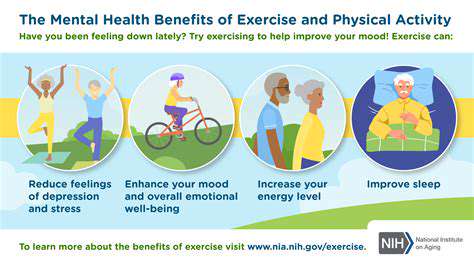Best Books on Mental Health and Well being [Recommended Reads]
Self-compassion is a powerful tool for navigating life's challenges with greater resilience and well-being. It involves treating yourself with the same kindness, understanding, and support that you would offer a friend experiencing hardship. This often contrasts sharply with the harsh self-criticism and judgment that many of us habitually engage in. By cultivating self-compassion, you create a safe and supportive inner environment that fosters personal growth and emotional healing.
Developing self-compassion is a journey, not a destination. It requires consistent effort and a willingness to practice self-awareness. This involves recognizing your own inner critic and understanding its often-unhelpful messages. Learning to identify and challenge these negative thoughts is a crucial step in cultivating a kinder, more supportive inner dialogue.
Understanding the Components of Self-Compassion
Self-compassion encompasses three core components: self-kindness, common humanity, and mindfulness. Self-kindness involves treating yourself with the same understanding and care you would offer a loved one experiencing difficulties. This means acknowledging your suffering without judgment and offering yourself solace and support.
Common humanity involves recognizing that suffering is a universal human experience. By understanding that everyone struggles at times, you can reduce feelings of isolation and shame. This awareness fosters a sense of connection and shared vulnerability.
Practical Strategies for Fostering Self-Compassion
Practicing self-compassion isn't just about thinking positively; it's about actively engaging in behaviors and strategies that support your well-being. Mindfulness practices, such as meditation and deep breathing exercises, can help you connect with your inner experience without judgment. These techniques can help you develop a greater awareness of your thoughts and emotions and cultivate a sense of acceptance.
Implementing self-compassion in your daily life often involves challenging negative self-talk. Replacing harsh criticism with supportive and encouraging self-statements can significantly shift your inner dialogue. Taking breaks and engaging in activities that bring you joy and relaxation are also important aspects of self-compassion.
The Benefits of Embracing Self-Compassion
Cultivating self-compassion offers a multitude of benefits, extending far beyond emotional well-being. It fosters a greater sense of self-acceptance and reduces feelings of shame and guilt. By treating yourself with kindness, you create an inner environment that supports healthy boundaries and personal growth. Furthermore, self-compassion leads to improved relationships and a deeper understanding of yourself and others.
Ultimately, practicing self-compassion empowers you to navigate life's challenges with greater resilience and a more positive outlook. It helps you to accept imperfections and embrace your humanness, leading to a more fulfilling and joyful life.
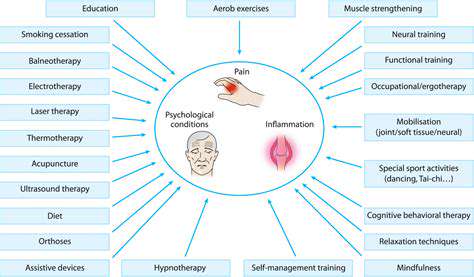


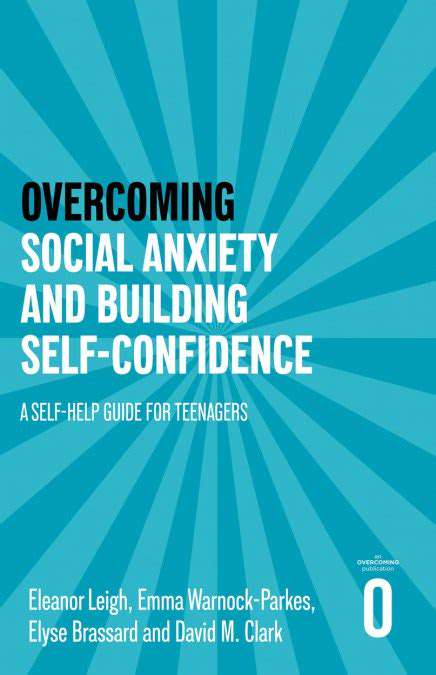
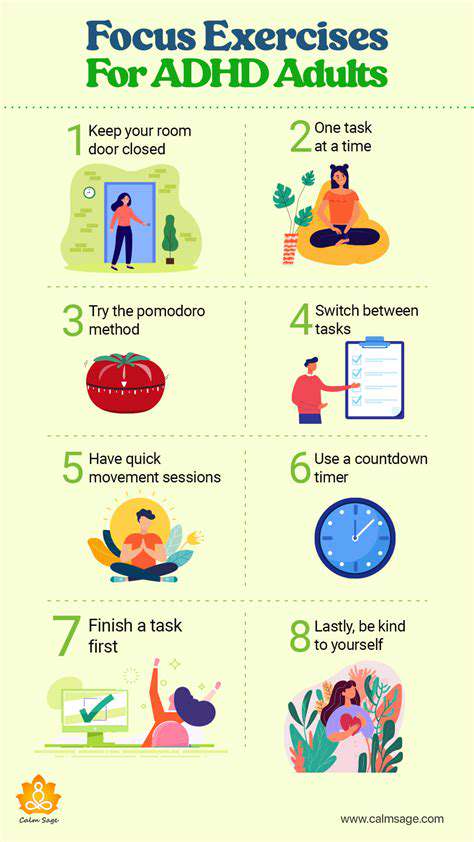
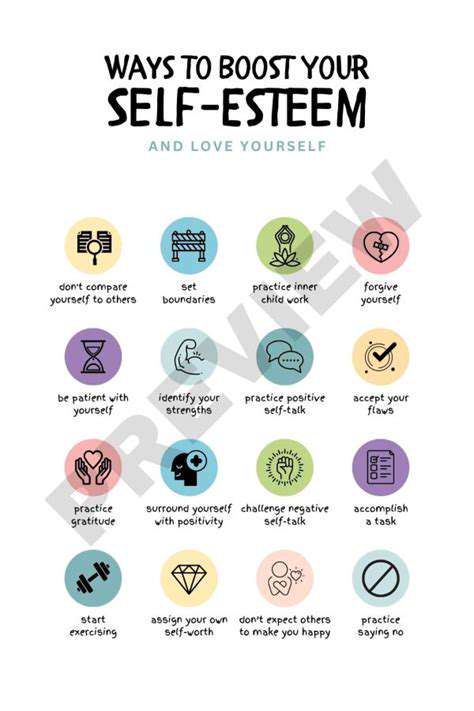

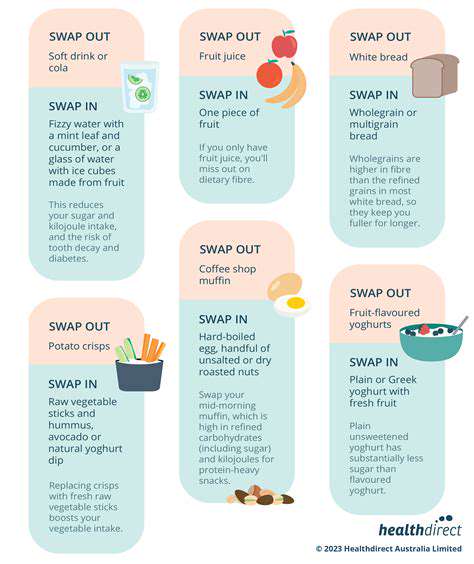
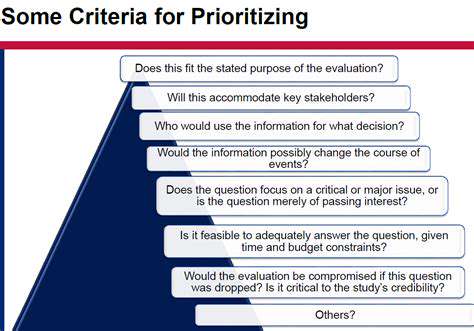
![HIIT Workout for Fat Loss [20 Minute Routine]](/static/images/26/2025-05/Exercises28Example293A.jpg)
